Research & expertise
Our team brings diversity and a breadth of skills, experiences, and perspectives to NWEA research.
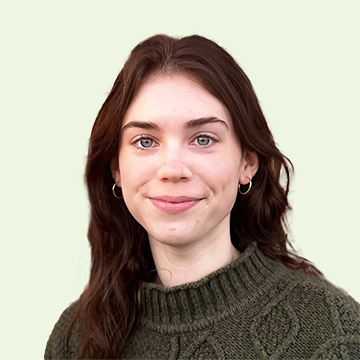
Research Analyst
Sofia Postell supports a variety of projects focused on academic recovery, measurement of trends in student achievement, and the effects of school resources and policy changes. She received a BS in computer science and sociology from Northeastern University.
NWEA Research
Topics: COVID-19 & schools, Equity, Growth, Guidance, Informing instruction, Seasonal learning patterns & summer loss
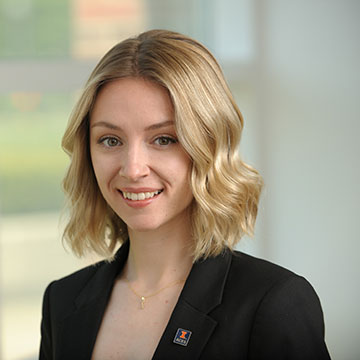
Naomi Duran investigates the impact of structural inequality on the availability of educational resources that are important for fostering greater engagement and achievement in school.
NWEA Research
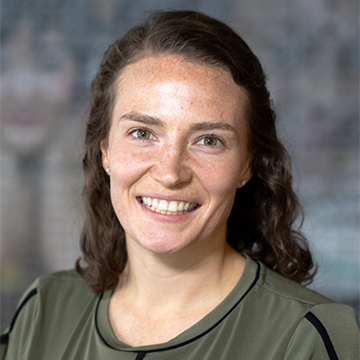
Lead Research Scientist
Emily Morton’s research focuses on estimating the effects of K–12 education policies and programs related to instructional time and learning environments on student outcomes.
NWEA Research
Topics: COVID-19 & schools

Psychometrician
Blaine is a psychometrician supporting NWEA’s state contracts. His research interests include test score linking and equating, growth modeling, multi-level modeling, and computer-adaptive testing.
Measurement & Psychometrics
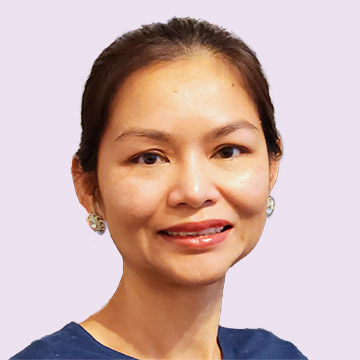
Lead Psychometrician
Chalie Patarapichayatham serves as lead psychometrician on several state assessment contracts at NWEA.
Measurement & Psychometrics

Lead Psychometrician
Haiyan Lin serves as lead psychometrician on the Nebraska State Assessment and Nebraska Alternate Assessment.
Measurement & Psychometrics

Director of Psychometrics and Analytics
Michael Nering’s work focuses on improving measurement techniques in educational, psychological, and social sciences. His psychometric research covers adaptive testing, person fit, and scaling and equating, and he is a prominent contributor in his field through his editorial work on the Handbook of Polytomous Item Response Theory Models.
Measurement & Psychometrics

Psychometrician
Tae Yeon Kwon is a psychometrician working on NWEA state assessment programs. Her research interests center around computer-adaptive testing and diagnostic classification models.
Measurement & Psychometrics

Principal Psychometrician
Wei He provides psychometric expertise and support to NWEA assessment products and is currently leading psychometric efforts for state assessment in Alaska.
Measurement & Psychometrics
Topics: Computer adaptive testing, Guidance, Item response theory, Measurement & scaling

Lead Psychometrician
Wonsuk Kim works on psychometric issues related to the Maine Through Year Assessment program. He has extensive experience with the application of item response theory, construction of fixed and adaptive test forms, standard setting, and test score linking and equating.
Measurement & Psychometrics

Psychometrician
Yan Zhou is a passionate and self-driven psychometrician with extensive experience in educational assessment, statistical modeling, and data-driven decision-making.
Measurement & Psychometrics

Lead Psychometrician
Yanming Jiang serves as lead psychometrician for the New York programs in ELA, mathematics, and science.
Measurement & Psychometrics
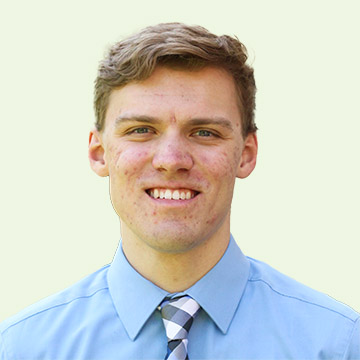
Data Analyst
Gustave Robinson’s current research focuses on the distribution of K–12 curricular opportunities. He received a BA in quantitative economics and international relations from Tufts University.
NWEA Research
Topics: COVID-19 & schools, Equity, Growth, Math & STEM

Research Analyst
Jazmin Isaacs’s research interests include quantitative and qualitative examination of the continued impact of COVID-19 on early learners, as well as the effectiveness of various recovery efforts. She received an MS in education from the University of Oxford.
NWEA Research
Topics: COVID-19 & schools, Equity, Growth, Guidance, Informing instruction, Seasonal learning patterns & summer loss

Senior Research Scientist
With more than 30 years of experience as a research scientist and educator, Daniel Long conducts policy research and MAP Growth data analysis for NWEA’s partner states and districts.
NWEA Research
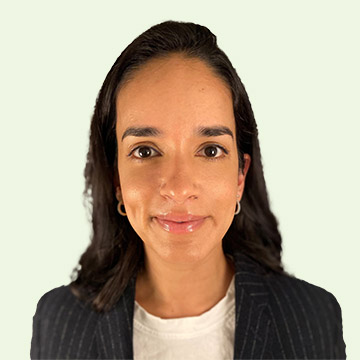
Senior Research Scientist
Ayesha Hashim studies policies that shape educational opportunity and achievement, including the integration of technology with instruction, school choice and accountability, teacher professional development, and COVID recovery.

(1963 - 2020)
Andrew Hegedus consulted with education system leaders around the world; prototyped, launched, and supported state-of-the-art reports; and managed research projects focused on understanding the drivers for growth in schools with differing levels of challenges.
NWEA Research
Topics: Empowering educators, Equity, High-growth schools & practices
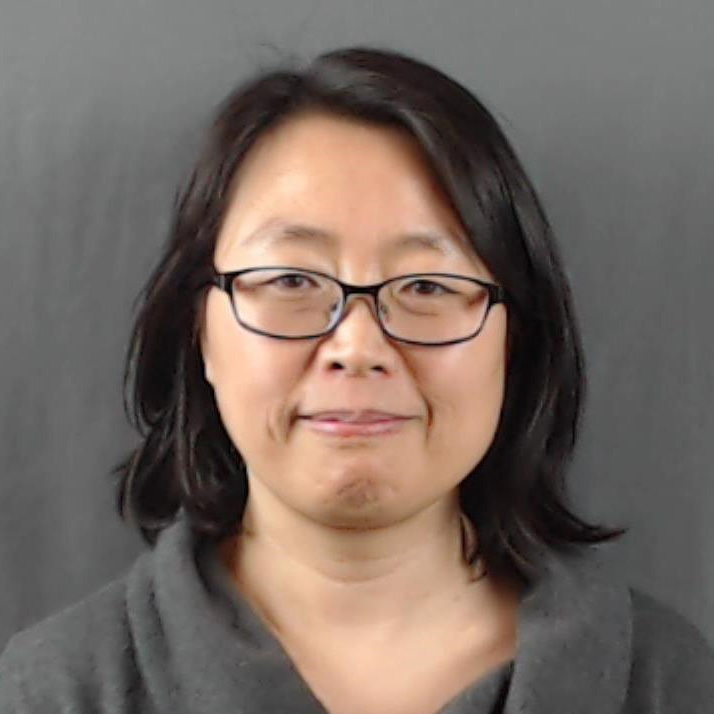
Director of Psychometrics and Analytics
Ann Hu works mainly on MAP Growth assessments. Her research interests include linking studies between formative and summative assessments, item bank development and maintenance, adaptive testing engines, test security, and norms studies. She has extensive experience in conducting psychometric analyses and research based on Rasch models and IRT, constructing fixed forms and CATs, and designing and conducting standard settings. Prior to joining NWEA in 2017, Dr. Hu worked at Data Recognition Corporation (DRC) on multiple large-scale achievement testing programs for Pennsylvania, Michigan, Oklahoma, Louisiana, Alabama, and Minnesota. Dr. Hu holds a doctorate in measurement, evaluation, and cognition from the University of Alberta. She also holds a bachelor’s degree in psychology and a MEd in educational psychology.
Measurement & Psychometrics
Topics: Measurement & scaling, Computer adaptive testing, Early learning, Innovations in reporting & assessment, Reading & language arts, Test design

Affiliated Research Scientist
G. Gage Kingsbury provides advice and development work in the application of technology to practical assessment situations. He designed the first adaptive tests used in educational settings and helped design adaptive tests currently administered to K–12 students throughout the United States and in a wide variety of international schools.
NWEA Research
Topics: Measurement & scaling, Innovations in reporting & assessment
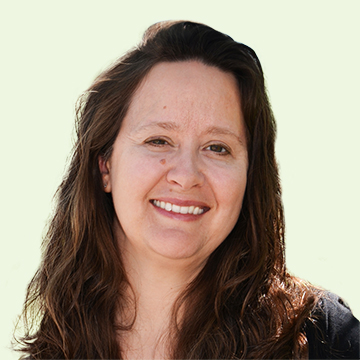
Lead Research Scientist
Susan Kowalski’s work focuses on the intersection of educational policy and science instruction in the United States. Her research employs quantitative and descriptive methods to explore the impact of state and district decisions on science education, including curriculum development and professional learning experiences.
NWEA Research
Topics: Innovations in reporting & assessment, Empowering educators, Math & STEM
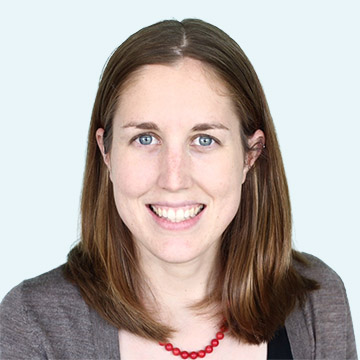
Director of Growth Modeling and Data Analytics
Megan Kuhfeld seeks to understand students’ trajectories of academic and social-emotional learning and the school and neighborhood influences that promote optimal growth.
NWEA Research
Topics: Measurement & scaling, College & career readiness, COVID-19 & schools, Early learning, Empowering educators, Equity, Growth, Growth modeling, High school, Innovations in reporting & assessment, Math & STEM, Middle school, School & test engagement, Seasonal learning patterns & summer loss, Social-emotional learning, Student growth & accountability policies
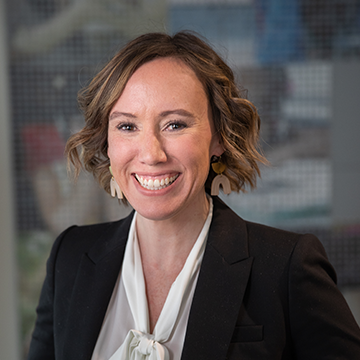
Vice President of Research and Policy Partnerships
Karyn Lewis leads a team dedicated to generating actionable, policy-relevant research that directly addresses critical challenges in K–12 education.

Lead Psychometrician
Xueming (Sylvia) Li specializes in psychometric operations and research for MAP Growth and state summative assessments, with a focus on computer-based testing, item response theory, large language models, test validity, cross-cultural assessment, and test score linking and equating.
Measurement & Psychometrics
Topics: Measurement & scaling, Accessibility, Assessments in Spanish, Computer adaptive testing, Growth, Innovations in reporting & assessment, Item response theory, Reading & language arts, Test design

Vice President of Learning Sciences Engineering
Tyler Matta is motived to improve the tools used for educational decision making to support the building of equitable educational systems. His work spans computational psychometrics, learning theory, and education policy.
NWEA Research
Topics: Measurement & scaling, English Language Learners, Growth modeling, Innovations in reporting & assessment

Vice President of Psychometrics and Analytics
Patrick Meyer manages a team of psychometricians, data analysts, and technical writers responsible for large-scale assessments at NWEA.
Measurement & Psychometrics
Topics: Measurement & scaling, Assessments in Spanish, Computer adaptive testing, COVID-19 & schools, Equity, Guidance, Innovations in reporting & assessment, Item response theory, School & test engagement, Test design

Senior Psychometrician
Fang Peng is passionate about making assessments smarter and more effective for all learners. She leads psychometric operations and research for MAP Reading Fluency and supports state summative assessments.
Measurement & Psychometrics
Topics: Computer adaptive testing, Early learning, Measurement & scaling, Reading & language arts, Test design

Director of Research Consulting Partnerships
Scott J. Peters specializes in educational assessment and data use, gifted and talented student identification, equity within advanced educational opportunities, and effectiveness of educational policy.
NWEA Research
Topics: Equity, COVID-19 & schools, Empowering educators, Growth, Informing instruction, Math & STEM, Student growth & accountability policies
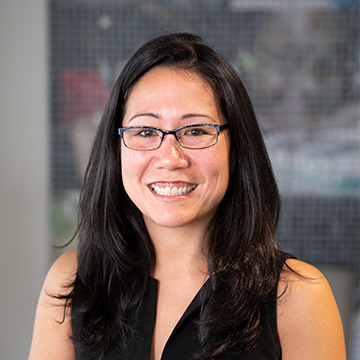
Senior Vice President of Learning Sciences
Beth Tarasawa oversees HMH’s Efficacy Research, Psychometrics & Analytics, and Research & Policy Partnerships teams. Her teams pursue advancements in assessment and growth measurement, answer fundamental questions to inform policy and practice, and produce research that drives educational innovation.
NWEA Research
Topics: Equity, Empowering educators, Student growth & accountability policies


